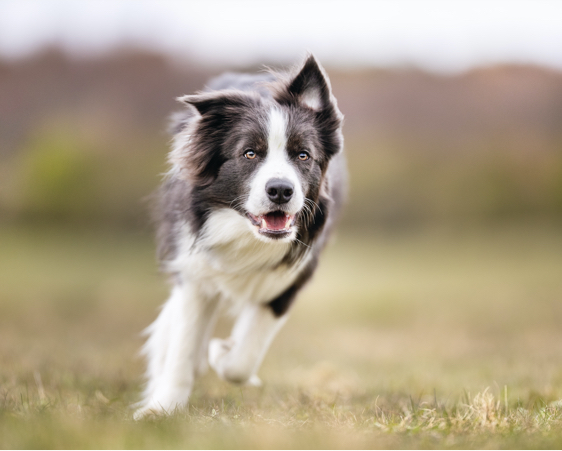Most experienced dog owners are familiar with common dog behavior problems, but some may wonder why dogs exhibit these behaviors. Barking, biting, chewing and many other common dog behaviors are often misunderstood and mishandled by dog owners. Perhaps you are new to dog ownership, considering getting a dog, or just wish to better manage your dog’s behavior problems. Thoroughly understanding the most common dog behavior problems is the first step to solving and preventing them. A solid foundation of obedience training will help you prevent or better control common dog behavior problems.
1. Barking
Most dogs bark, howl and whine to some degree. Excessive barking is considered a behavior problem. Before you can correct barking, determine why your dog is vocalizing in the first place. These are the most common types of barking:
- Warning or Alert
- Playfulness/Excitement
- Attention-seeking
- Anxiety
- Boredom
-
Responding to Other Dogs
Learn to control excessive barking. Be consistent and patient. Also, consider teaching the Bark/Quiet Commands. Dedication and attention to detail can go a long way.
2. Chewing
Chewing is a natural action for all dogs – it’s just a part of the way they are wired. However, chewing can quickly become a behavior problem if your dog causes destruction. The most common reasons dogs chew are as follows:
- Puppy Teething
- Boredom / Excess Energy
- Anxiety
-
Curiosity (especially puppies)
Encourage your dog to chew on the right things by providing plenty of chew toys. Keep personal items away from your dog. When you are not home, keep your dog crated or confined to an area where less destruction can be caused. If you catch your dog chewing the wrong thing, quickly correct him with a sharp noise. Then, replace the item with a chew toy. One of the most important things you can do: make sure your dog gets plenty of exercise!
3. Digging
If given the chance, most dogs will do some amount of digging – it’s a matter of instinct. Certain breeds, like Terriers, are more prone to digging because of their hunting histories. In general, most dogs dig for these reasons:
- Boredom or Excess Energy
- Anxiety or Fear
- Hunting Instinct
- Comfort-Seeking (such as nesting or cooling off)
- Hiding Possessions (like bones or toys)
-
To Escape or Gain Access

